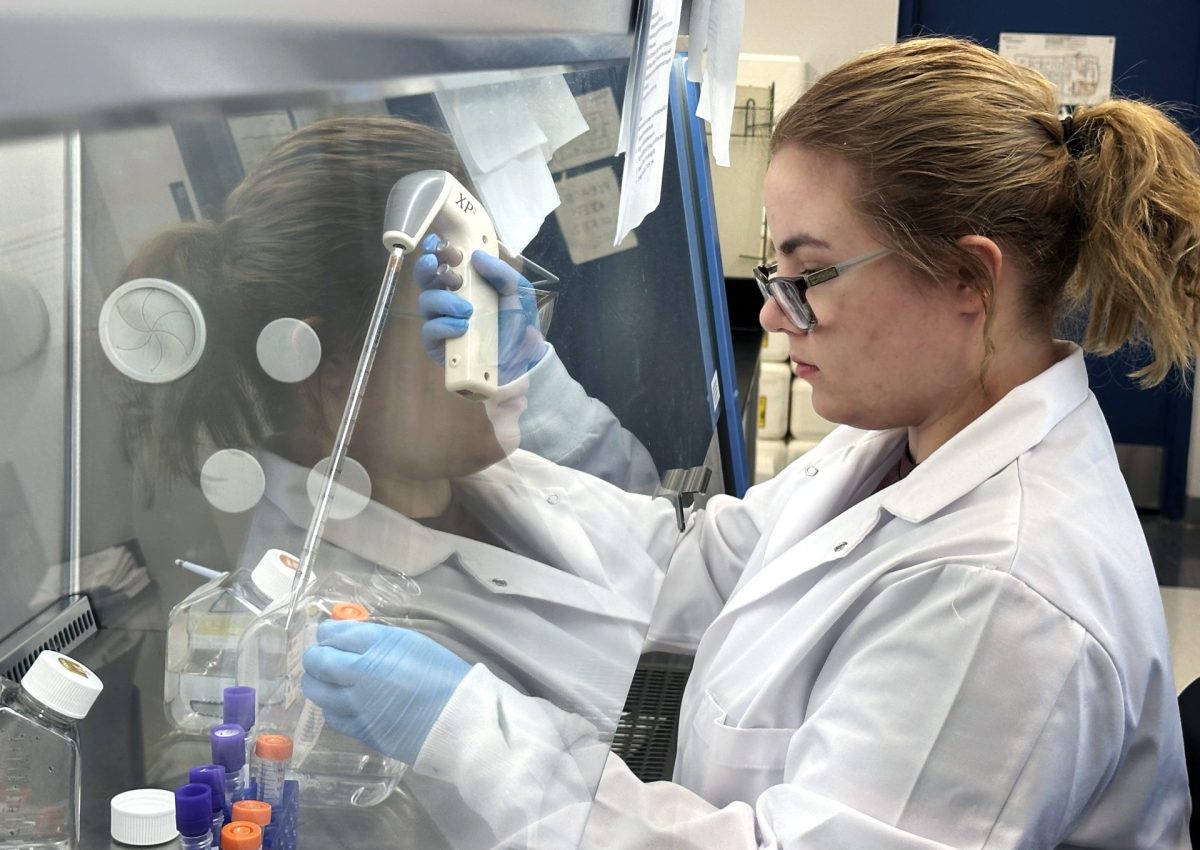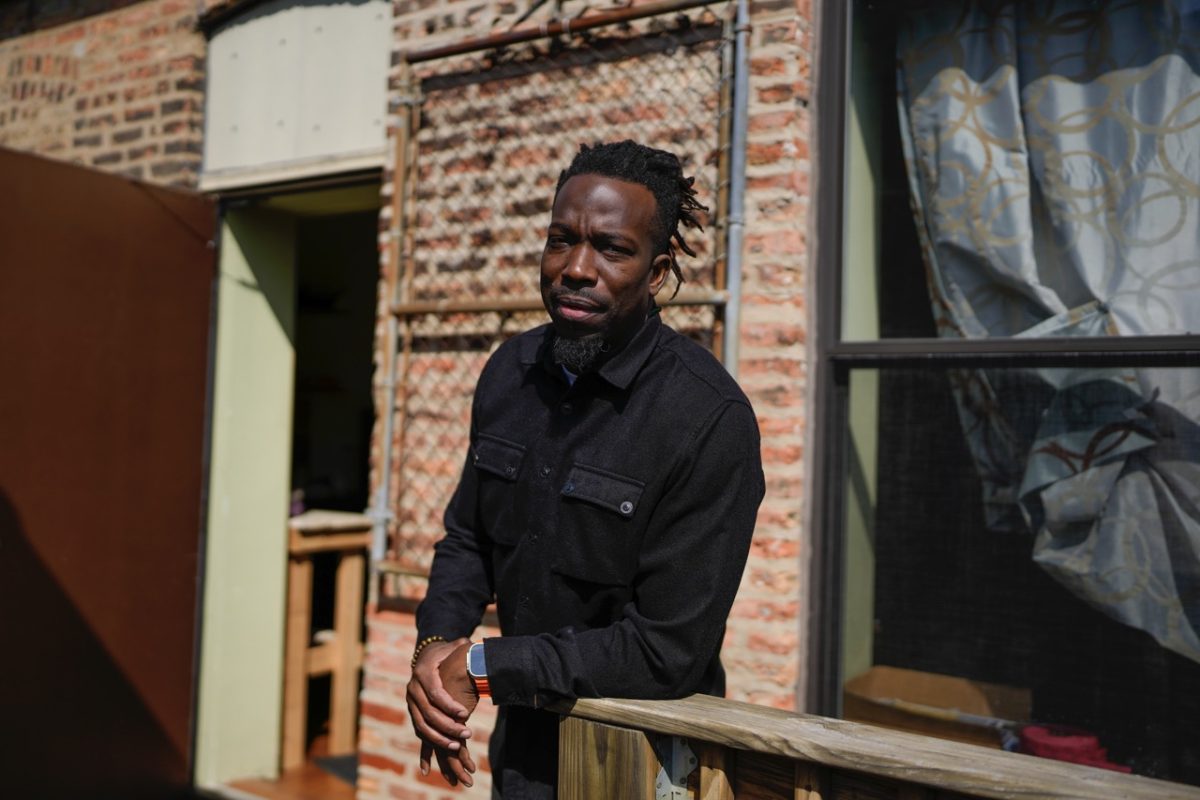The Chicago Health Department released its Community Action Plan to address the specific health needs of the city’s Lesbian, Gay, Bisexual and Transgender (LGBT) community on March 31. The 22-strategy plan, developed in conjunction with the mayor’s office and community partners, aims to tackle health issues within the LGBT community by focusing on many issues that are nontraditional.
Dr. Gary W. Harper, professor in the Department of Psychology at DePaul University and Director of DePaul’s Master of Public Health Program, said the plan is crucial, timely and relevant because it is rooted in the community.
“For any plan to be sustainable, it needs to be rooted in the community,” Harper said. “It’s the idea of ownership versus being dumped upon. If people feel like you’re forcing them to do something, they won’t support it. We need to be empowered. We need to be a part of the solution. We need to be at the table.”
The LGBT Community Action Plan serves as a supplement to Healthy Chicago, the city’s public health initiative spearheaded by Mayor Rahm Emanuel in 2011. A recent press release from the Office of the Mayor declares that Chicago’s government is dedicated to increasing the accessibility of health care and information to all Chicagoans, no matter what their sexual orientation is.
“Chicago’s strength is in the diversity of its communities,” Emanuel was quoted as saying in the press release.
The plan focuses on many health concerns and strategies which, according to the Chicago Department of Public Health (CDPH), are among the most pressing health issues facing LGBT Chicagoans, including the lack of culturally competent medical care, hate violence against transgender people and HIV. However, the plan introduces a few health issues in the LGBT community that are often overlooked, including the prevalence of smoking and obesity.
The high prevalence of smoking and issues of obesity among subcultures in Chicago’s LGBT community are two key components to the CDPH’s community action plan. The LGBT community is among the populations most severely impacted by tobacco use, according to the Center for American Progress. A recent analysis of studies on substance abuse by the Center for American Progress revealed gay and transgender people smoke tobacco up to 200 percent more than their heterosexual and nontransgender peers.
“I think most data shows that queer people smoke at higher rates than our counterparts, and although smoking and obesity effect the entire country, there may be unique methods to dealing with it in the LGBT community,” said Brian Richardson, Director of Public Affairs of the Center on Halsted.
Harper said he believes there are many factors to why obesity and smoking prevalence are health issues and that the two are correlated.
“Sometimes people use smoking as a way to reduce stress, especially when you’re part of a marginalized group,” Harper said. “Sometimes there’s a relationship between smoking and weight reduction. While the plan notes obesity as an issue for lesbian women of color, it does not explore the pressure for white, gay men to be thinner.”
Dr. Rodrigo Sebastián Torres, the Coordinator for the Office of LGBTQA Student Services at DePaul, said while he believes the plan is “sound” and a “community framework,” a few things get lost in translation. He believes “relationship health gets lost” in the discussion of LGBT-specific health concerns.
The plan also outlines methods of improving health care provider’s “overall inclusion of the LGBT community across the city” and providing members with better access to health care resources and information.
“LBGT people are a part of Chicago and deserve access to health care and opportunities. It’s heartening to see the city recognize the unique needs of LGBT people and incorporate those needs into long term policies,” Richardson said.
Rachel Wills, a junior Catholic Studies major, said she believes the plan is important because it acknowledges the presence of Chicago’s LGBT community and their similar and different health needs.
“It’s important that when you go to your doctor they don’t assume that your health needs are the same as your heterosexual counterparts. It’s also important that they don’t assume they are different,” Wills said.
When asked about his views on which health concerns was the most pressing for Chicago’s LGBT community, Richardson said, “I don’t know if there is one issue that is most important to the entire community because we’re a diverse community. There are diverse issues at play, and each one of the issues are important.”‘
The Community Action plan was developed by the CDPH with the assistance of a number of community-based organizations, partners and stakeholders, including the Public Health Institute of Metropolitan Chicago, the Chicago Commission on Human Relations, Howard Brown Health Center, University of Illinois at Chicago, Affinity Community Services, and the Center on Halsted.
“It’s good to live in a city where our government recognizes the importance of the LGBT community and the importance of working with the community to solve challenges.” Richardson said.
The CDPH hopes the plan ushers in awareness of LGBT-specific health concerns and methods of meeting those concerns citywide.







